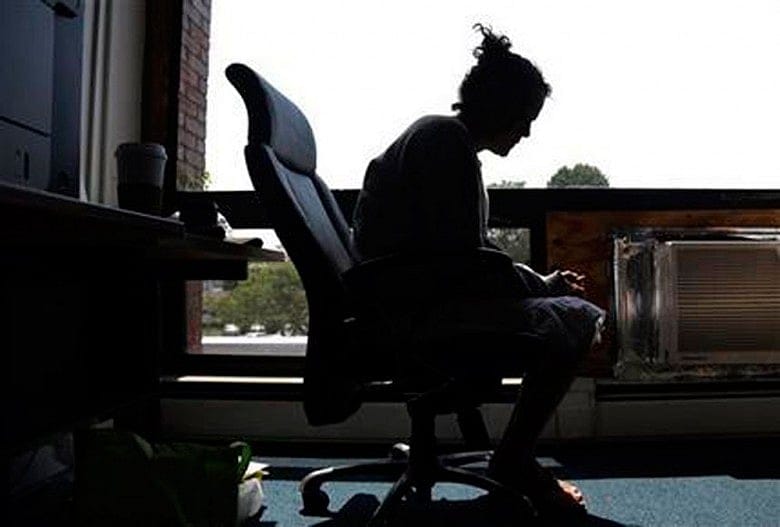Opioid battle takes a new direction thanks to local police

BOSTON – As opioids are killing Massachusetts residents at an alarming rate, the state's top leaders like Republican Gov. Charlie Baker and Attorney General Maura Healey, a Democrat, have encouraged local law enforcement agencies to pick up their efforts against drug abuse.
Several agencies have taken the fight beyond simply arresting suspects and confiscating illicit substances, so dramatically changing their approach that they are influencing the national conversation on the so-called "war on drugs."

